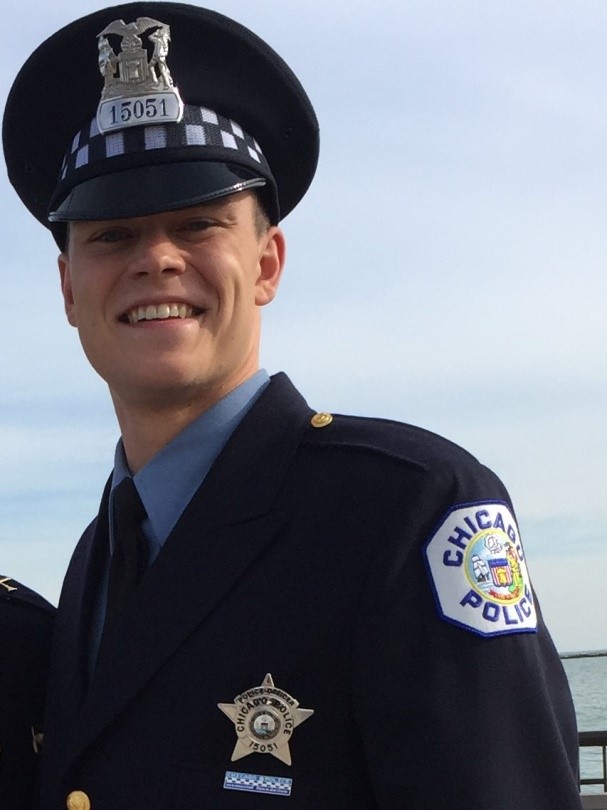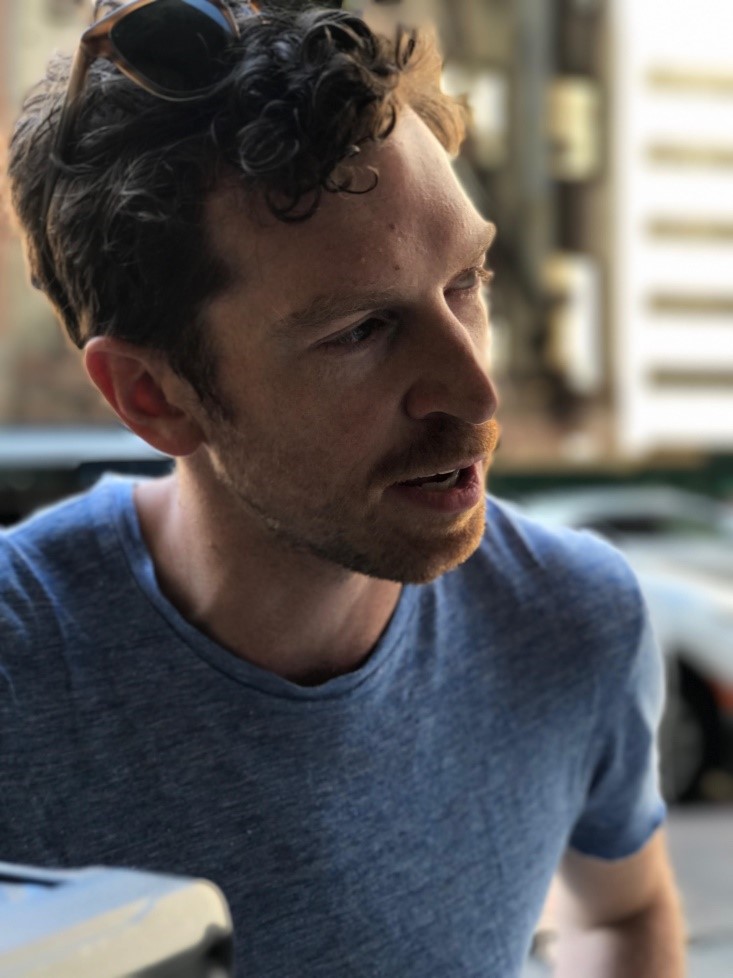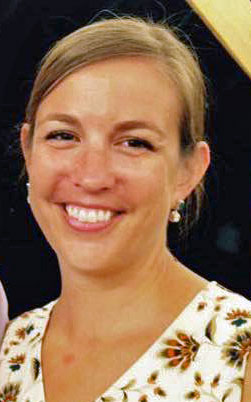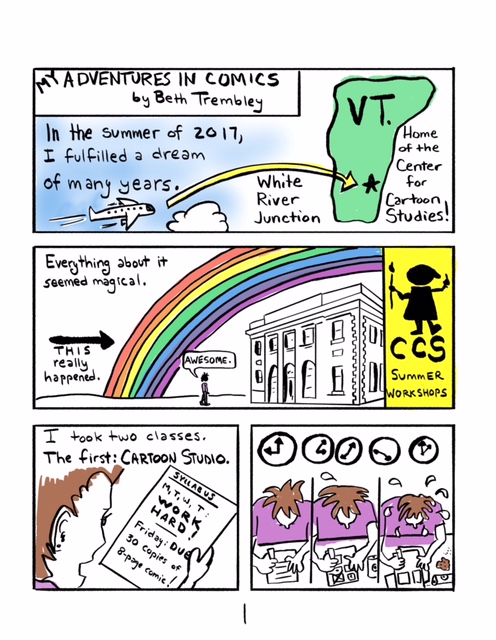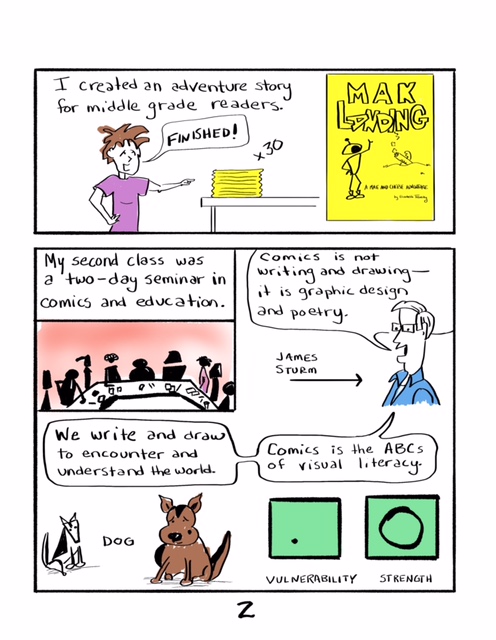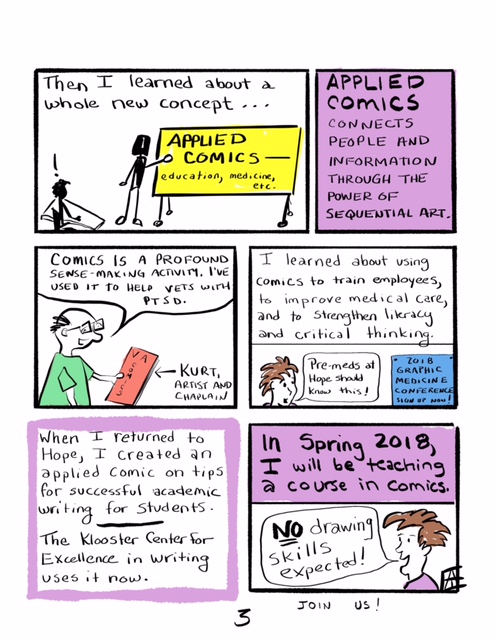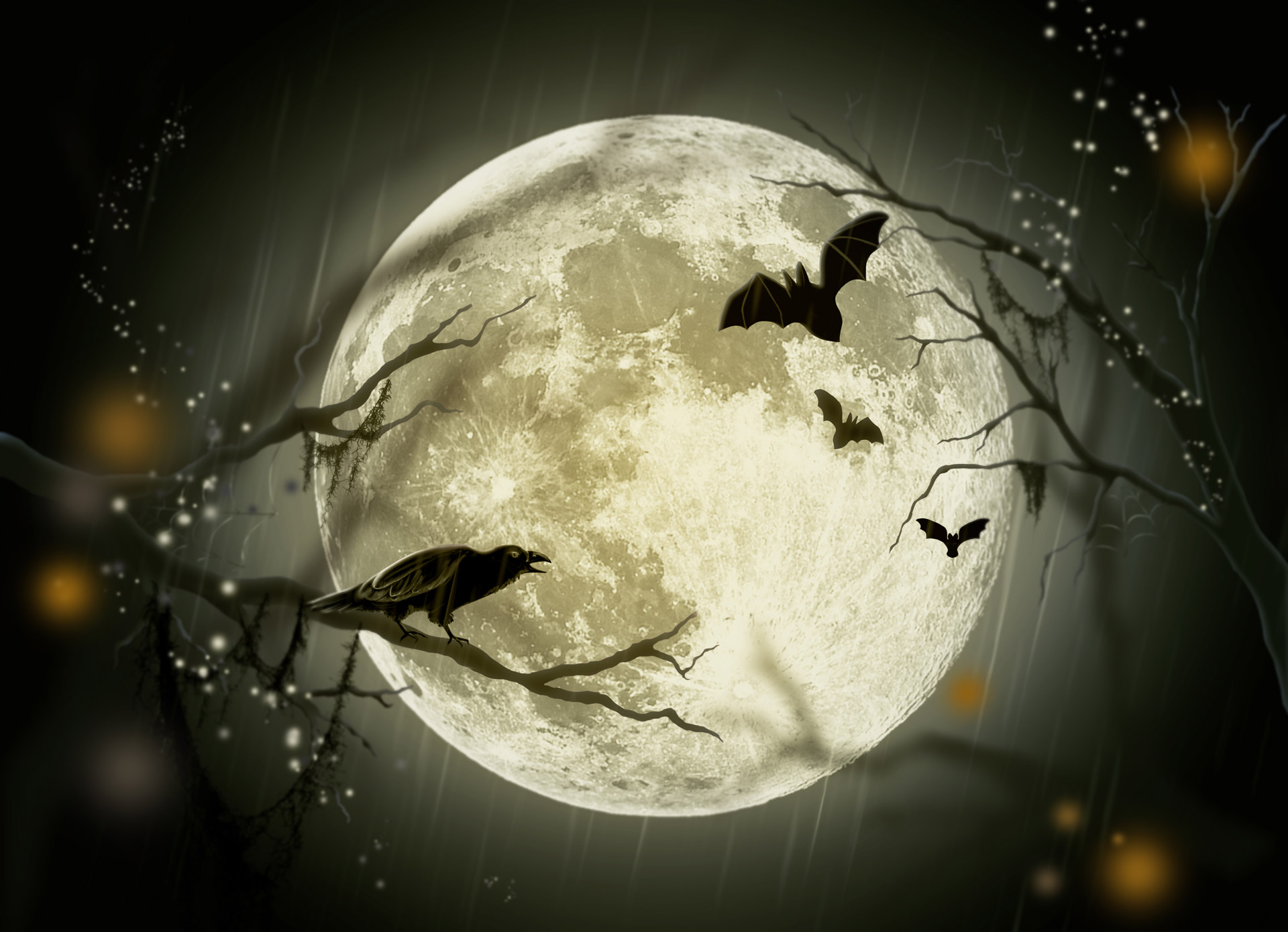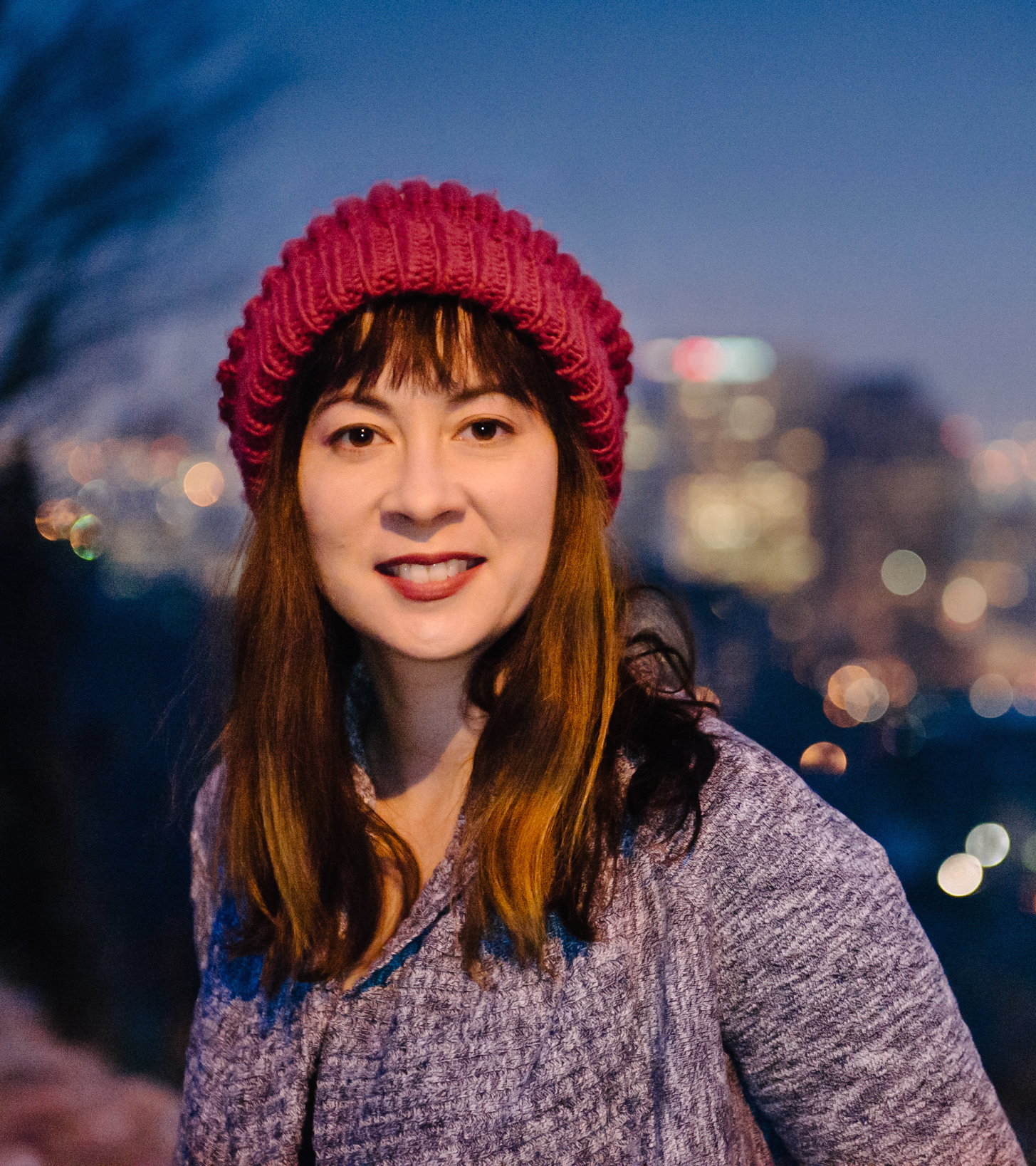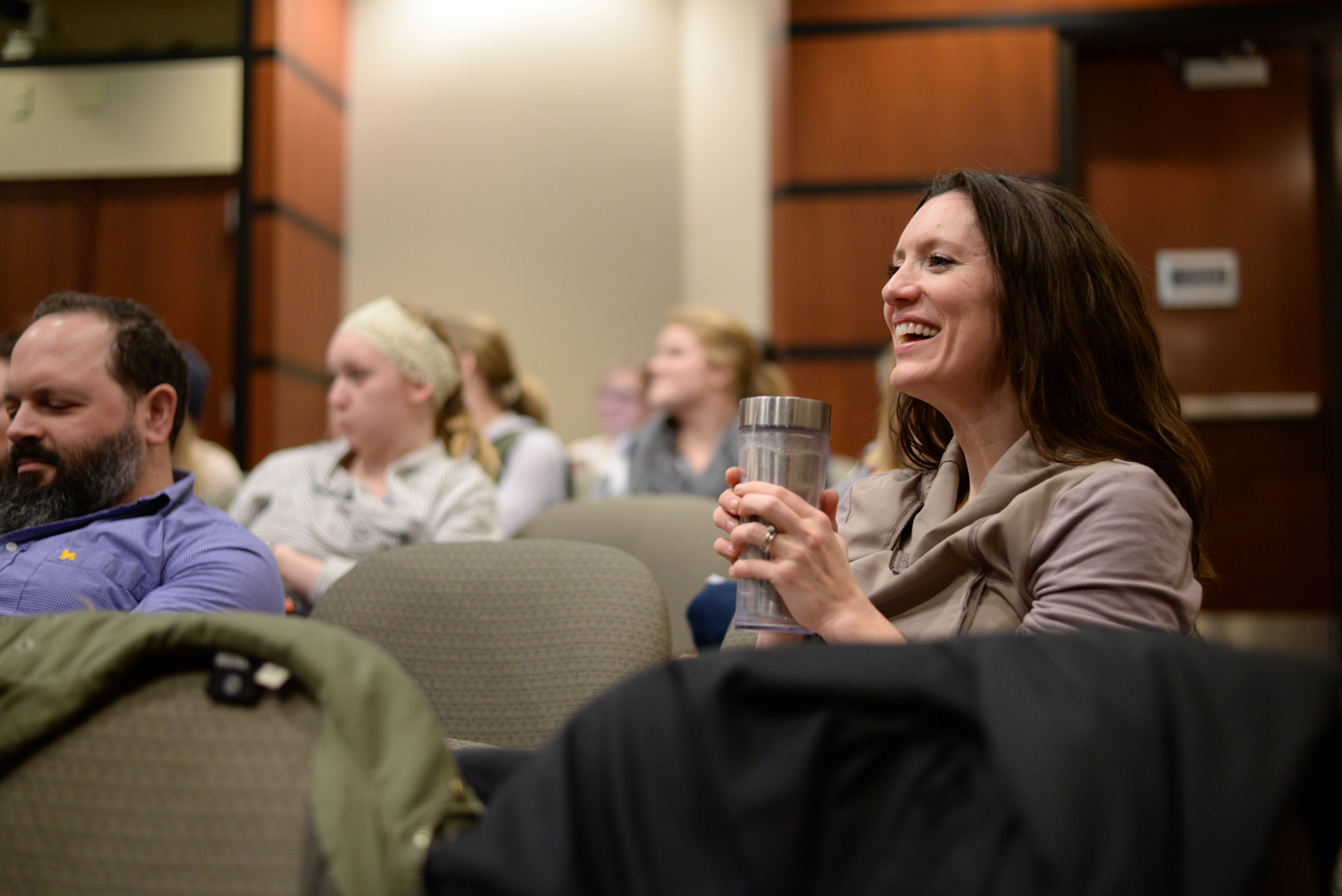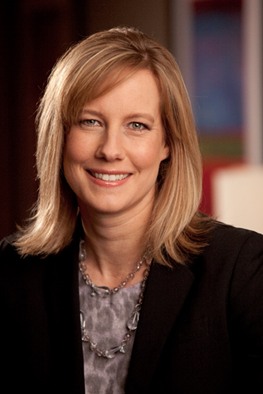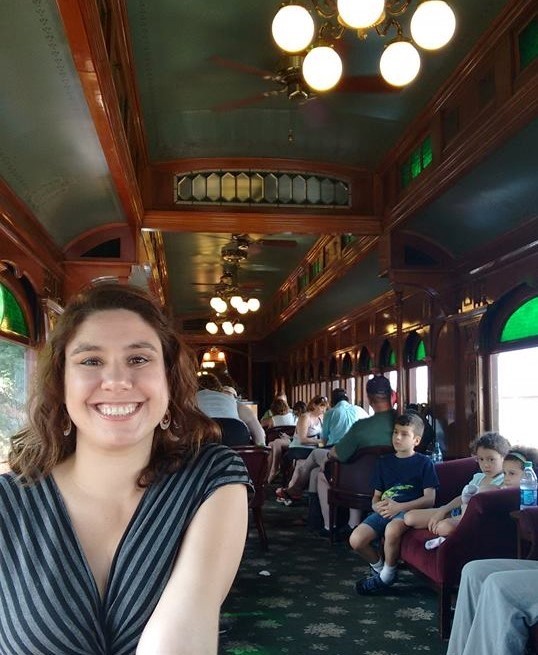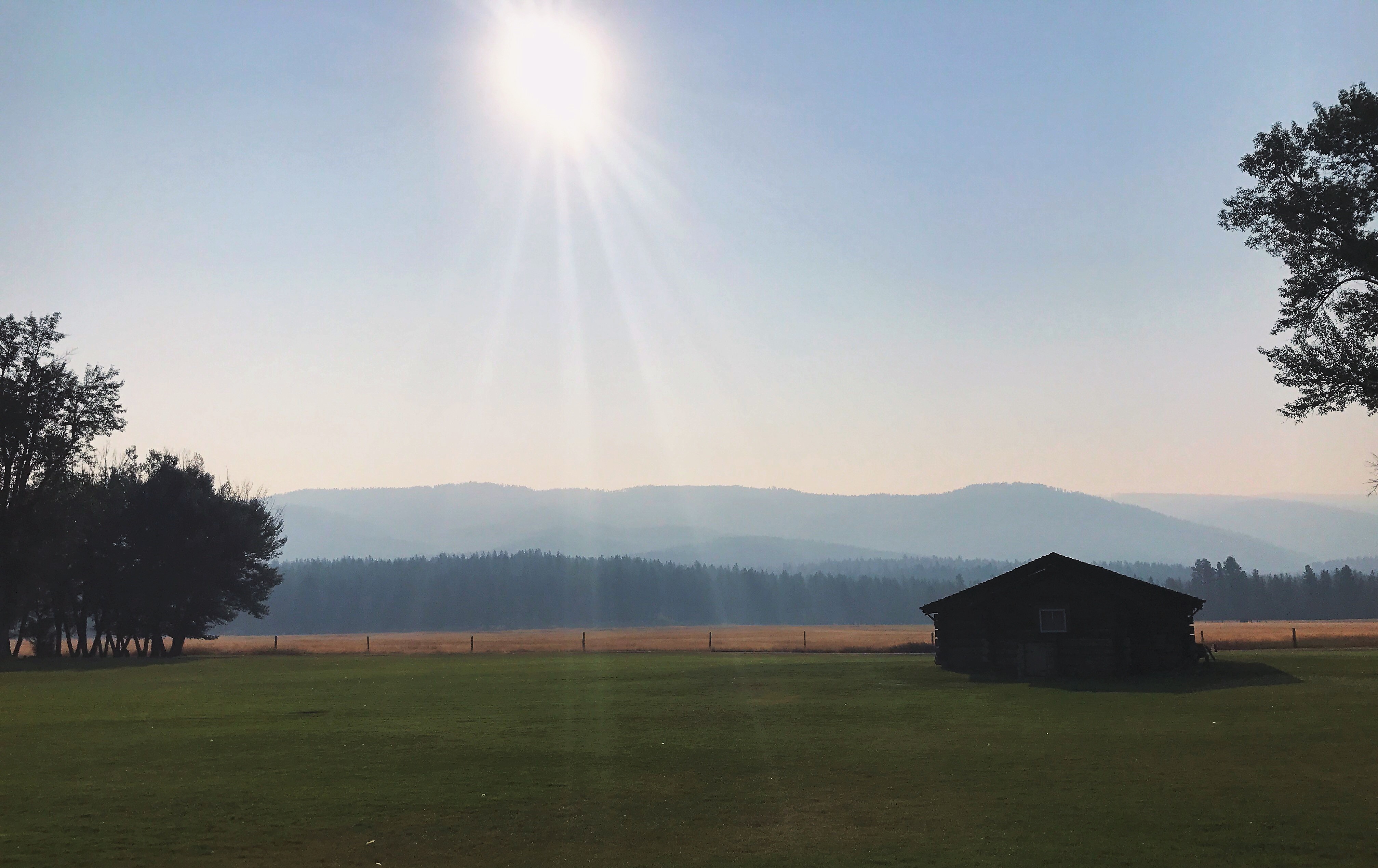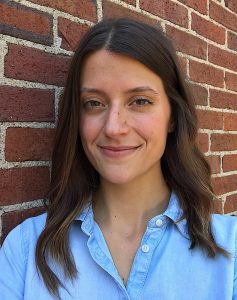
What are you doing now?
Currently I work at (gasp!) Calvin College. I write news and stories for the college’s publications, website, and social media. While I had no experience in marketing and communications when I graduated from Hope, I’ve found that a penchant for writing translates across many fields and provides an advantage in the marketplace.
Before this role I worked at an interior services firm in Grand Rapids overseeing marketing and branding. I wrote blogs and provided copy for web, advertising, and marketing tools, oversaw public relations, and adopted graphic design skills to manage our creative output. If there’s one thing that English majors are, it’s adaptable!
I’m also currently a student at Western Theological Seminary in the distance-learning program. While I’m still discerning where this will lead, my hope is to find myself somewhere at the intersection of faith and writing.
How did your Hope English education shape you?
My Hope English education taught me how to think critically, carefully, and imaginatively—and since graduating, I’ve realized how much of a prize and a privilege that really is. My relationships, politics, faith, work, writing, travel, and movie-watching have all been enriched by an education that taught me how to engage the world thoughtfully, to pay attention, to ask questions and find connections. Those things we unpack in class—race, gender, power, narrative—which are the undercurrents of so much of English literature, are also the cultural cornerstones that need unpacking in precisely the same way. Possessing an understanding of the histories and experiences of these themes makes us better citizens and agents of renewal in the world.
There’s no doubt that my English education also made me a clearer communicator. With this being the main objective of my job, I’m indebted to the patient and diligent corrections of professors and peers for making me a better writer.
Lastly, I’ve been amazed by the community I’ve found with English majors everywhere. Those who seek to write and read and explore the human condition seem to find one another and find good and important conversation close at hand. Whether it’s applying literary criticism to Stranger Things or swapping ideas for our writing work, English majors bring a critical eye and sharp wit to their relationships and the world.
What advice would you give to current English majors or students considering an English major?
I’ll be honest, when I first graduated I thought I had made a mistake. While I was networking and job hunting, I wondered why I had just spent four years reading and writing and not learning, say, engineering or accounting, because all those people had shiny new jobs and measurable experience to bring to the table. All I had was a synopsis of “The Taming of the Shrew” from a feminist perspective.
OK, turns out I was wrong. I had my Shakespearean opinions and a whole lot more: extensive writing experience, a degree from a great institution, connections with alumni everywhere, and that ability to think critically that I could translate through my cover letters and resume and, later, on the job. My strong desire to continue reading and writing was met with opportunities both at work and beyond, in freelancing, book clubs, and now my seminary education. And you know what? Writing a paper on “The Taming of the Shrew” helped me get there. Deconstructing literature sharpened my intellect and philosophies, which prepared me for the nuance and risk of being in the world as well as any degree can. I’m a more thoughtful and well-rounded coworker and church member and neighbor because of Shakespeare, Toni Morrison, Simone de Beauvoir, and the brilliant professors who helped me understand and make meaning of them. I also have a great job that requires the distinct outputs of the English degree: sharpness of mind, writing expertise, and a sympathy for the human experience. Looking back, I wouldn’t have it any other way.
My advice to current and prospective English majors is to let your mind and expectations widen with your bookshelf. Keep reading and writing, and trust that the world needs your thoughtfulness, sharpness, and intellect.
If you could teach any English class, what would be the title?
This is so hard! I loved taking Introduction to Literary Theory, so I’ll opt for that.
Favorite book read recently or in college?
This year my favorite read was Americanah by Chimamanda Ngozi Adichie, followed closely by Swing Time by Zadie Smith.


